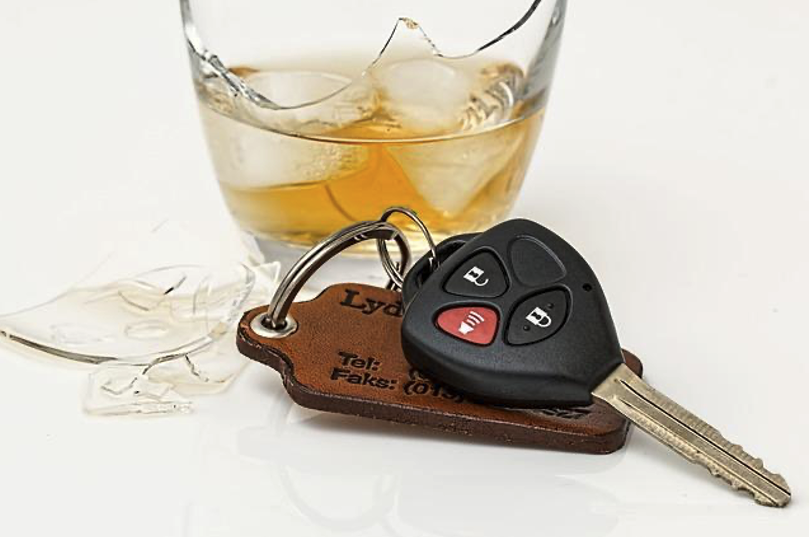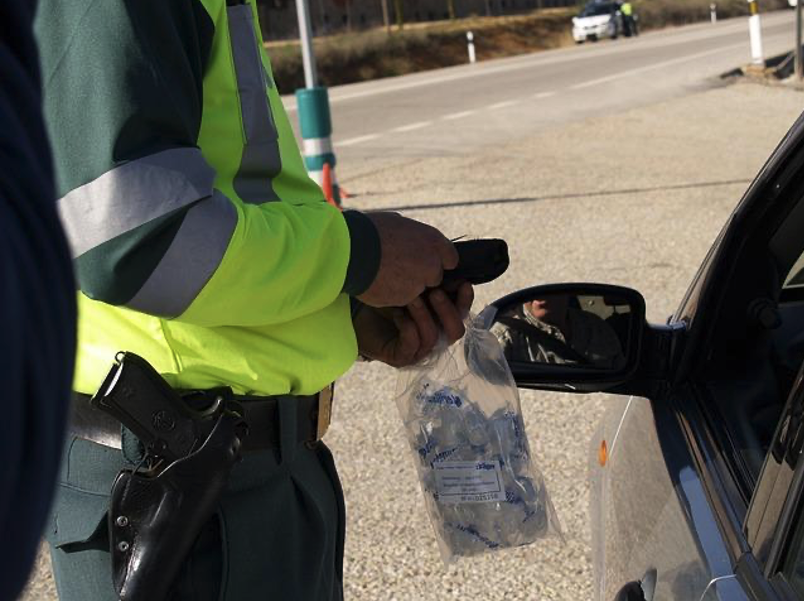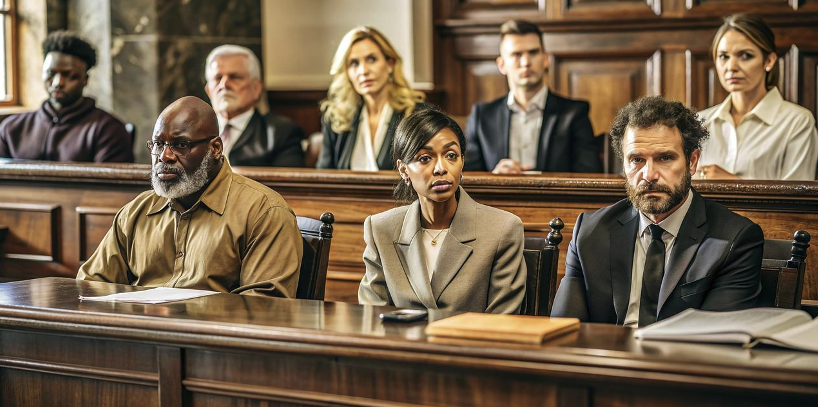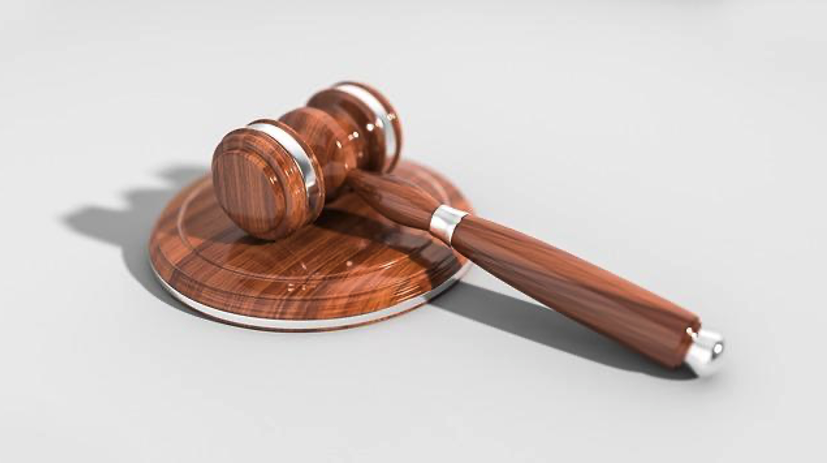A wrongful DWI conviction can lead to unjustified fines, unfair imprisonment, and severe reputational damage. Besides, you could have your license suspended for a probationary period, causing significant losses in productivity in the meantime.
Surveys have shown that many victims of false DWI convictions prefer to suffer in silence due to the complex procedures involved in appealing such sentences. However, it might interest you that a significant percentage of DWI verdicts get overturned. All it takes is liaising with a professional attorney.
If you believe you’ve been wrongfully convicted of a DWI in San Antonio, Texas, it’s important to challenge the verdict and prove your innocence. This post unpacks a step-by-step guide to appealing DWI convictions in San Antonio.

The terms DWI and DUI are often used interchangeably. But while both are typically misdemeanor traffic offenses, they’re not synonymous.
DWI (driving while intoxicated) is the crime of driving a motor vehicle while intoxicated by alcohol. It differs from DUI (driving under the influence), which may encompass alcohol and other drugs.
Regardless of what crime you’ve been charged with, the odds of winning the case or overturning a false conviction are higher if you work with an experienced lawyer.
The conventional rule is to contact a qualified San Antonio DWI attorney as soon as you’ve been arrested for DWI. Your attorney will represent you throughout the court proceeding and, if the matter ends in a wrongful conviction, help file an appeal on your behalf.

False DWI convictions can result from multiple factors, including;
Before you’re arrested and charged for driving while intoxicated, traffic cops must enforce proper field sobriety tests.
Field sobriety tests analyze impairments in biological parameters consistent with intoxication, including attention, balance, and eye movements. The most common assessments include the one-leg stand, the walk-and-turn test, the horizontal gaze nystagmus, and the Breathalyzer test.
The onus is on the officer administering the test to interpret the results properly. However, an officer’s inadequate training or a motorist’s medical predispositions could lead to false positives and wrongful arrests.
A DWI conviction can be easily overturned if it emerges that the arresting officer failed to follow the due procedure.
For instance, it’s a best practice for traffic officers to conduct more than one field sobriety test before making arrests.
If the driver fails the assessments, the officer must notify the suspect of their intention to arrest them, followed by reading their Miranda rights.
Once your attorney understands the reasons behind false DWI convictions, they’ll review the trial transcripts to uncover legal errors or oversights. For instance, the verdict may be overturned straight away if it emerges that no field tests were conducted.
Besides procedural errors during arrest and arraignment, your DWI attorney will also probe for prosecution errors. An example is if the judge inadvertently admitted evidence your counsel had successfully challenged as inadmissible.
Your lawyer will also endeavor to understand the legal arguments the prosecution made and prepare convincing counterarguments. This entails examining relevant case law and revisiting any legal precedents.

Armed with proper grounds for appeal, your DWI lawyer will file a written notice of appeal to an appellate court where your DWI case was originally prosecuted.
Such notices must be filed within thirty days of the conviction. However, the window extends to 90 days if your attorney chooses to pursue a retrial. Retrials are preferable when your DWI lawyer discovers a significant oversight in the proceedings that could significantly overturn the case.
An appeal notice should highlight the legal errors you believe were committed during the trial, including errors of omission and commission. The document should be extensively researched, well-articulated, and highly persuasive.
Note that the appeals court doesn’t admit new evidence. It relies wholly on the evidence and transcripts of the trial.
The appellate court will review your DWI appeal carefully and interrogate the arguments presented. The judges may pose questions to both legal counsels, weigh the evidence initially tabled to the trial court, and determine if any legal errors were committed.
After careful deliberations, the appellate court will issue one of three possible verdicts;
Regardless of the outcome, your DWI lawyer could still explore other legal avenues to ensure a fair trial, such as filing for a motion of rehearing.

Appealing a DWI conviction is critical in avoiding unjustified fines or jail terms. If the appeal is successful, it can also help to redeem your credibility.
For commercial motorists, challenging false DWI convictions can avert operational downtimes and financial losses resulting from probationary license suspensions.
However, success in appealing DWI convictions largely depends on the attorney you work with. It’s best to notify an experienced DWI lawyer as soon as you’re arrested for drunk driving.
DWI attorneys are well-versed in the legal procedures of prosecuting drunk driving charges. Their expertise will be invaluable in poking holes into the prosecution’s evidence, helping build a solid case for appeal.
A San Antonio DWI attorney might help plead a lesser sentence even if you're guilty.